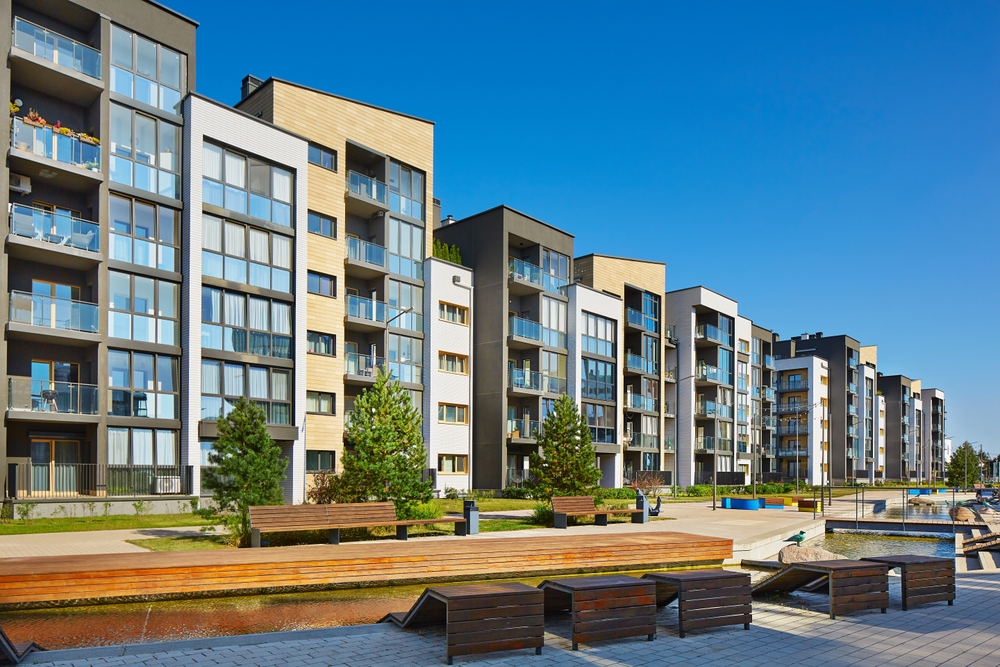By Alex O’dell
Crises can bring out the best in us as a society. We are forced to examine what we value, how we do things, and to challenge some of the assumptions that have been allowed to persist unchecked.
The housing crisis is not just a crisis of numbers, and its solution can’t be only about numbers either. Building 1.5 million homes by the end of this Parliament may still be possible – if increasingly unlikely – but we must ensure they are quality, sustainable homes. Past experiences in the UK of building cheaply and quickly to the exclusion of everything else has led to further problems down the road. Poorly planned, sprawling, low-density neighbourhoods can become car-dependent at a time when we need to prioritise active travel and public transport.
That could be as simple as ensuring the communities we are creating together have what they need and can adapt and change over time, and that the health and well-being of individuals who live in those homes is maintained. Research shows that good quality housing has a range of benefits, from educational outcomes to physical and mental health.
We can look to other countries which have pioneered better approaches to building communities, particularly in Scandinavia and our home market of Denmark, where we are involved in projects such as Living Places Copenhagen. Velux is currently collaborating with Sunderland City Council on a brownfield riverside development, where we are working with socially minded developers who want to build quality homes for the community.
Fundamentally, we need to be building homes that people want to live in, that are well-ventilated, have good natural light, and a low impact on our environment. We can design them to be adapted over the life course to meet a changing set of needs for a family without them having to move.
We follow a set of principles called the Active House principles with three key metrics to focus on: energy, environment, and indoor climate. A critical part in accomplishing this is working together, bringing in architects, engineers, designers, housing professionals and communities to engage in the process.
The challenge is very real. The UK’s housing market is broken and does not serve us well. The solutions are there if we are prepared to prioritise long-term thinking. The government cannot make its legacy fixing one problem only to create another. Let’s work together and do it the right way.
